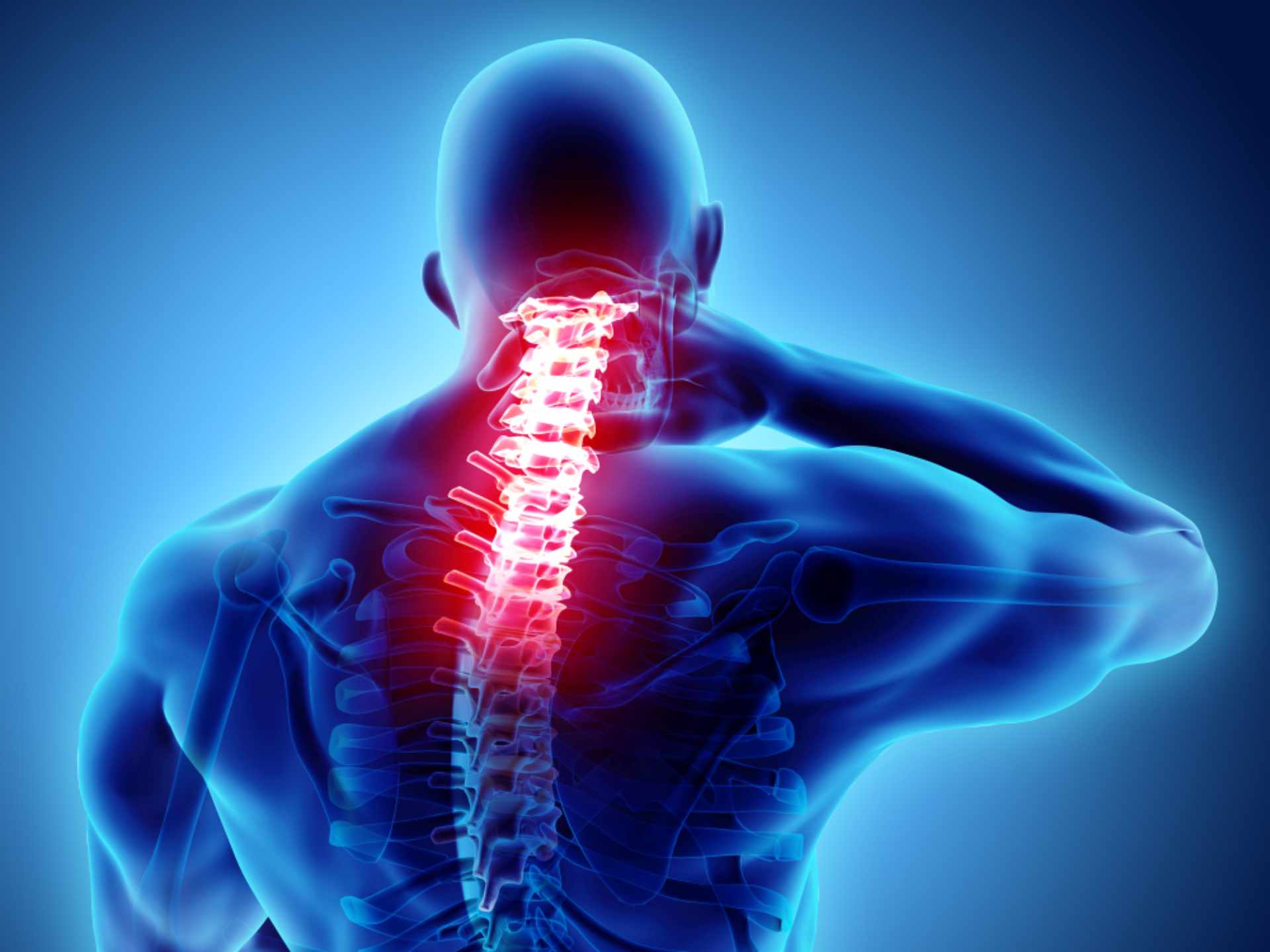
Neck Pain: Symptoms, Causes, and How to Treat It
Neck Pain: Symptoms, Causes, and How to Treat It
The cervical spine, sometimes known as the neck, is a network of joints, bones, muscles, and nerves. In the neck, the cervical discs absorb trauma between the cervical bones or vertebrae. Neck pain can be bothersome because the neck gives mobility and support to the head. Inflammation, injury, poor posture, sleeping in an awkward position, and other anomalies can all cause neck pain.
Neck Pain Symptoms
A dull ache in the neck is one of the most common neck pain symptoms. Sometimes, it can worsen even with slight neck movements.
Other common neck pain symptoms are:
- Tingling
- Numbness
- Range-of-motion difficulties
- Sharp shooting pain
- Tenderness
- Difficulty swallowing
- Fullness
- Swishing sounds in the head
- Pulsations
- Light-headedness or dizziness
- Swelling of the lymph node
You can also associate neck pain with symptoms like:
- Facial pain
- Headache
- Arm tingling or numbness, which is also called upper extremity paresthesias
- Shoulder pain
These associated signs are often the result of the nerves getting pinched in the neck. Based on different conditions, neck pain can sometimes be accompanied by lower back pain.
Neck Pain Causes
Since the neck is highly flexible and supports the head's weight, it can be vulnerable to several conditions and minute injuries, causing restricted movement and pain. There are different medical problems too that can result in neck pain. Some neck pain causes are as follows:
- Worn Joints: Similar to the other joints in the body, the neck joints can also wear down with age. Degenerative conditions like spinal stenosis and osteoarthritis cause the cartilage or the cushions between the bones to deteriorate. It is then that the body forms vertebrae spurs, affecting the joint movement in the neck and causing acute pain.
- Muscle Strains: The overuse of the neck muscle, like sticking to the computer or the mobile phone for too long, can trigger muscle strains. The muscles in your neck can also be strained by minor things like gritting your teeth or reading in bed.
- Nerve Compression: Herniated discs or bone spurs in the neck can cause pressure on the nerves coming from the spinal cord.
- Diseases: Many diseases like meningitis or cancer and rheumatoid arthritis can also be one of the chronic neck pain causes.
- Injuries: Whiplash injuries caused by rear-end auto collisions can jerk the head backwards and forward, straining the soft tissues in the neck.
- Mental Stress: Tension can tighten the neck muscles causing pain.
- Conditions Affecting Spinal Balance: Poor posture like a low-quality chair, computer or keyboard positioning and sitting for long durations, overweight and weak abdominal muscles can affect the spine's posture, contributing to neck pain.
- Abnormal Growths: Quite rarely, masses including cysts, bone spurs and tumours can also result in neck pain.
Neck Pain Treatment
Neck pain treatment can vary depending on the cause of the pain. However, the main objective includes relieving pain and improving function. Standard treatment options available for neck pain are as follows:
- Medicines like NSAIDs or non-steroidal anti-inflammatory drugs are used to ease the inflammation and pain in the neck area. Muscle relaxants are also used to support the healing procedure.
- Transcutaneous electrical nerve stimulation or TENS is a treatment that helps in reducing neck pain by disrupting the signals of pain with a low-level electric current applied on the skin close to the nerves causing the pain.
- Physiotherapy, like exercises cervical isometrics for stretching and strengthening the tendons and muscles in the neck, can also help in relieving neck pain.
- Traction is also helpful in relieving neck pain using different inflatable devices.
- Surgeries can also be done to repair damaged or compressed spinal discs or fuse some bone in the spine, especially when there is radiating pain to the arms or fingers.
- Steroid injections can effectively relieve neck inflammation and pain when given close to the nerve roots.
Conclusion
Neck pain, most of the time, is not a cause of headaches, and it is not severe and can relieve on its own within just a few days. Nevertheless, in some cases, it can indicate something dire and require care and treatment. So, if you have neck pain symptoms for a few weeks, or it is severe and accompanied by other difficulties, book an appointment with Medanta’s expert now for faster neck pain treatment.






